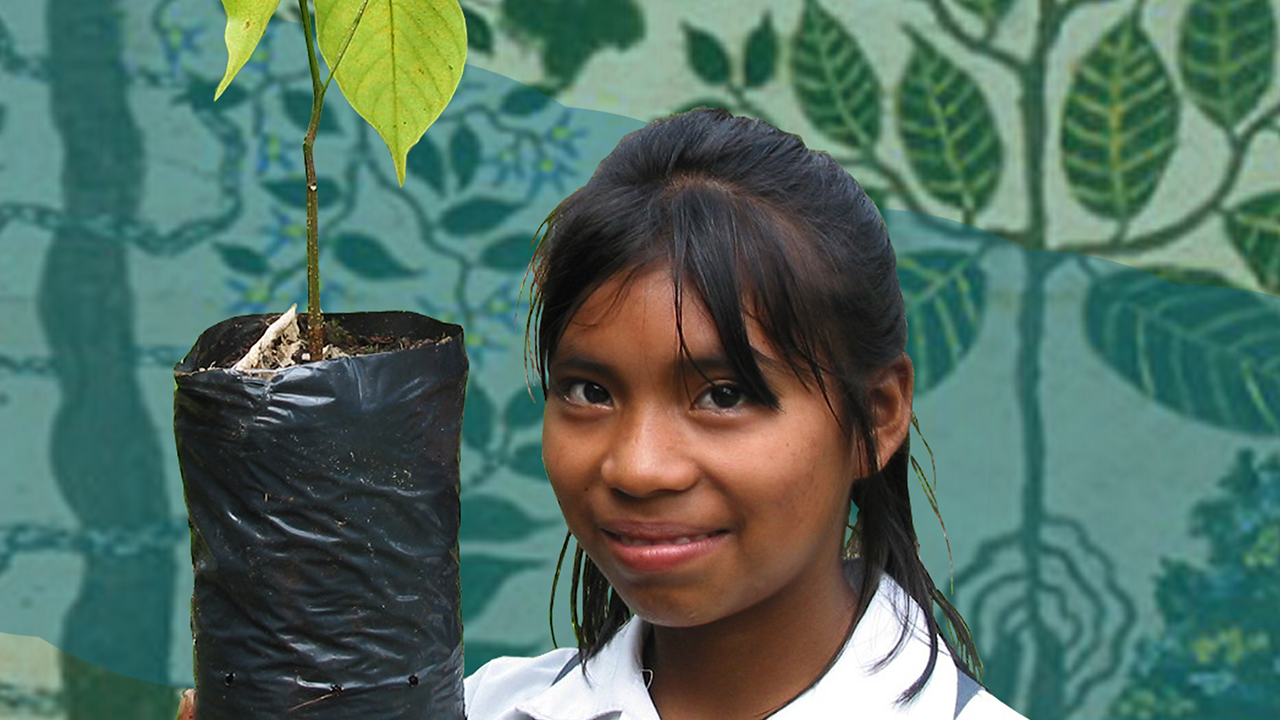Rodrigo Camara-Leret : The Traditional Knowledge of Medicinal Plants in Northwest South America is Strongly Localized
Duration: 20 mins 57 secs
Share this media item:
Embed this media item:
Embed this media item:
About this item

| Description: | Rodrigo Camara-Leret (Universidad Autonoma, Madrid): The Traditional Knowledge of Medicinal Plants in Northwest South America is Strongly Localized |
|---|
| Created: | 2014-07-21 08:57 |
|---|---|
| Collection: | People and Plants |
| Publisher: | University of Cambridge |
| Copyright: | Glenn Jobson |
| Language: | eng (English) |
| Keywords: | People and Plants; Rodrigo Camara-Leret; |
| Abstract: | Dr. Rodrigo Cámara-Leret (Tropical botanist): Traditional knowledge of medicinal plants in northwest South America is strongly localized
Traditional knowledge of biodiversity can accelerate drug discovery and has therefore inspired intense debates over bioprospecting and intellectual property rights. The Nagoya Protocol attempts to regulate access to and benefit-sharing from traditional knowledge of genetic resources. However, ensuring equitable benefit-sharing requires information on the geographical distribution of knowledge, which is typically unavailable to countries and patent examiners. To remedy this situation, we investigated how much traditional knowledge is unique and how much is shared across four highly bioculturally diverse tropical countries (Colombia, Ecuador, Peru, Bolivia), two major cultural groups (Amerindian and non-Amerindian), 52 Amerindian tribes, six non-Amerindian groups, and 41 villages. We used palms (Arecaceae) as a model group because they are the most used plant family in tropical America and well-represented in the ethnobotanical literature. We first sampled traditional knowledge about palms from 255 references and then carried out 2201 field interviews. Our combined dataset included 503 medicinal uses for 86 palm species. We found that most knowledge was not shared between countries, cultural groups, tribes, communities, or even individuals within them. This shows that much knowledge is highly localized, a complexity that needs to be considered when designing protocols for the protection of property rights, and underscores the need for national strategies to encourage greater countrywide compilation efforts. However, an important but minor fraction of knowledge was shared across countries and communities, which supports the creation of a multilateral benefitsharing mechanism as outlined in the Nagoya Protocol. |
|---|---|

